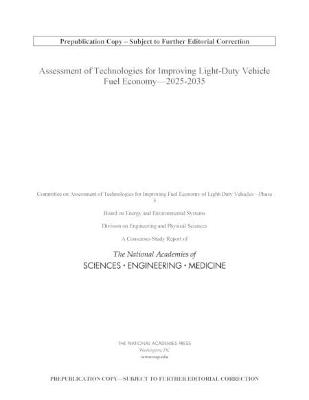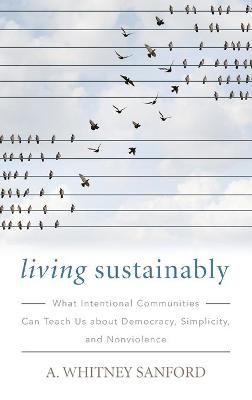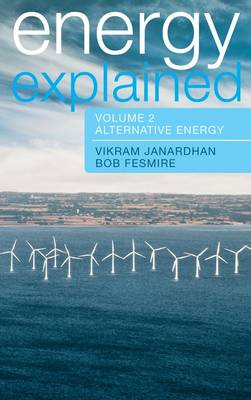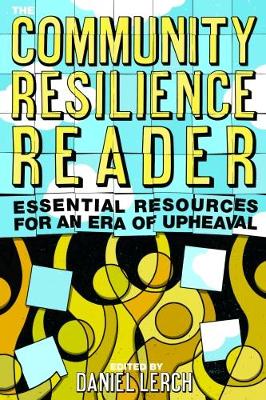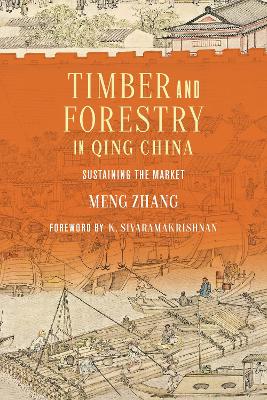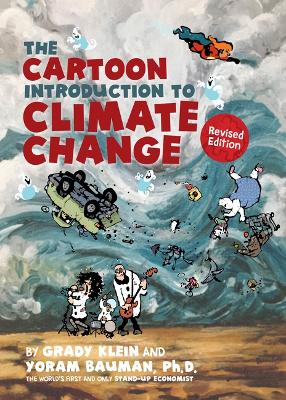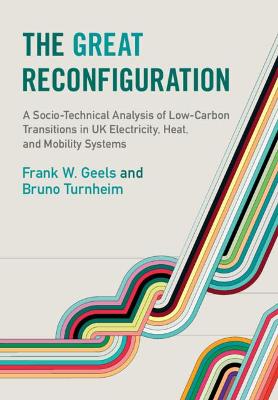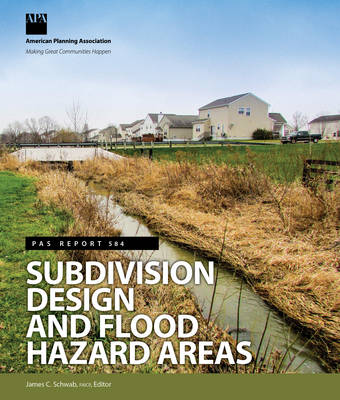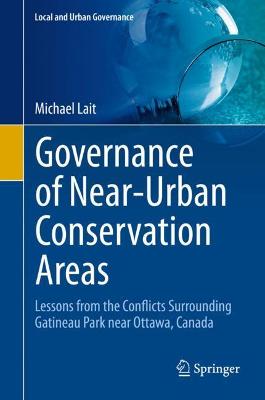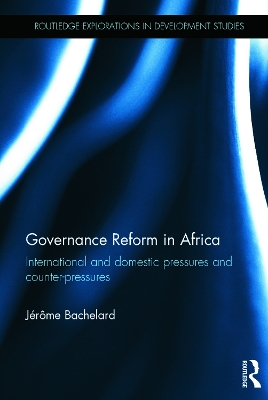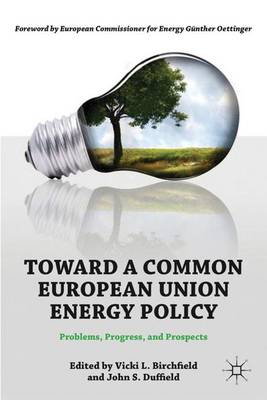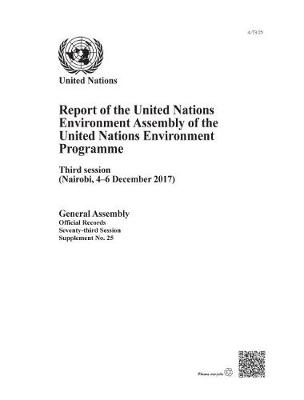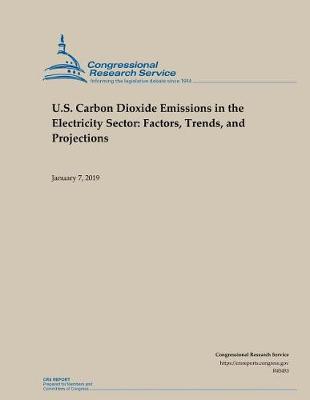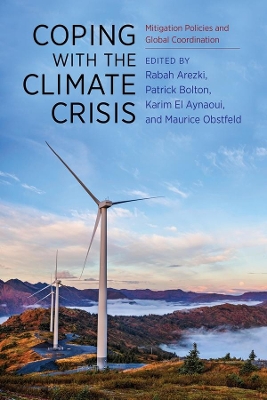The essays collected in Cultivating the Colonies demonstrate how the relationship between colonial power and nature reveals the nature of power. Each essay explores how colonial governments translated ideas about the management of exotic nature and foreign people into practice, and how they literally \u201cgot their hands dirty\u201d in the business of empire. The eleven essays include studies of animal husbandry in the Philippines, farming in Indochina, and indigenous medicine in India. They a...
Assessment of Technologies for Improving Light-Duty Vehicle Fuel Economy?2025-2035
From daily commutes to cross-country road trips, millions of light-duty vehicles are on the road every day. The transportation sector is one of the United States? largest sources of greenhouse gas emissions, and fuel is an important cost for drivers. The period from 2025-2035 could bring the most fundamental transformation in the 100-plus year history of the automobile. Battery electric vehicle costs are likely to fall and reach parity with internal combustion engine vehicles. New generations of...
In light of concerns about food and human health, fraying social ties, economic uncertainty, and rampant consumerism, some people are foregoing a hurried, distracted existence and embracing a mindful way of living. Intentional residential communities across the United States are seeking the freedom to craft their own societies and live based on the values of nonviolence, self-sufficiency, equality, and voluntary simplicity. In Living Sustainably, A. Whitney Sanford reveals the solutions that su...
Energy Explained (Energy Explained)
by Vikram Janardhan and Bob Fesmire
Energy is truly the world's most vital commodity. It makes modern societies possible, and the decisions made regarding it have far-reaching repercussions. Every day stories about the price of oil, the resurgence of nuclear power, or the latest clean energy alternative can be found in mainstream news outlets across the country. Yet despite its high profile, energy remains largely misunderstood. People are confused, intimidated and generally discouraged from learning about energy, partly because t...
Post-Treaty Politics (Earth System Governance: A Core Research Project of the Inte)
by Sikina Jinnah and Professor Oran R Young
The sustainability challenges of yesterday have become today's resilience crises. National and global efforts have failed to stop climate change, transition from fossil fuels, and reduce inequality. We must now confront these and other increasingly complex problems by building resilience at the community level. But what does that mean in practice, and how can it be done in a way that's effective and equitable? The Community Resilience Reader offers a new vision for creating resilience, through e...
A Wolf in the Garden
Debates concerning the federal role in regulating industry and in managing the nation's public lands are becoming increasingly contentious. This is in part due to the rise of well-organized and ideologically energized land rights movements that have vowed to resist expansion of environmental regulations and even to roll back existing environmental statutes. A Wolf in the Garden is the only book available that assembles the arguments of key thinkers in the land rights and the environmental moveme...
Not Here, Not There, Not Anywhere: Politics, Social Movements, and the Disposal of Low-Level Radioactive Waste
by Daniel J. Sherman
Timber and Forestry in Qing China (Culture, Place, and Nature)
by Assistant Professor of History Meng Zhang
In the Qing period (1644–1912), China's population tripled, and the flurry of new development generated unprecedented demand for timber. Standard environmental histories have often depicted this as an era of reckless deforestation, akin to the resource misuse that devastated European forests at the same time. This comprehensive new study shows that the reality was more complex: as old-growth forests were cut down, new economic arrangements emerged to develop renewable timber resources. Historia...
Changing Our Ways (Elements in Earth System Governance)
by Peter Newell, Freddie Daley, and Michelle Twena
In this Element, the authors develop an account of the role of behaviour change that is more political and social by bringing questions of power and social justice to the heart of their enquiry in order to appreciate how questions of responsibility and agency are unevenly distributed within and between societies. The result is a more holistic understanding of behaviour, as just one node within an ecosystem of transformation that bridges the individual and systemic. Their account is more attentiv...
The Cartoon Introduction to Climate Change, Revised Edition
by Yoram Bauman and Grady Klein
When The Cartoon Introduction to Climate Change was first published in 2014, it offered something entirely new: a fun, illustrated guide to a planetary crisis. If that sounds like an oxymoron, you’ve never seen the carbon cycle demonstrated through yoga poses or a polar bear explaining evolution to her cubs. That creativity comes from the minds of Yoram Bauman, the world’s first and only “stand-up economist,” and award-winning illustrator Grady Klein. After seeing their book used in classrooms...
This book is intended for researchers, policymakers, and practitioners interested in the dynamics and governance of low-carbon transitions. Drawing on the Multi-Level Perspective, it develops a whole system reconfiguration approach that explains how the incorporation of multiple innovations can cumulatively reconfigure existing systems. The book focuses on UK electricity, heat, and mobility systems, and it systematically analyses interactions between radical niche-innovations and existing (sub)s...
Mike Hulme has been studying climate change for over thirty years and is today one of the most distinctive and recognisable voices speaking internationally about climate change in the academy, in public and in the media. The argument that he has made powerfully over the last few years is that climate change has to be understood as much as an idea situated in different cultural contexts as it is as a physical phenomenon to be studied through universal scientific practices. Climate change at its c...
Governance of Near-Urban Conservation Areas (Local and Urban Governance)
by Michael Lait
This book comprehensively describes the history of Gatineau Park, from the first proposals for a "national park" in the early 1900s to the governance issues in the present period, and it highlights the issues concerning the planning and governance of this unique near-urban ecological area. The 34,500-hectare Gatineau Park is an ecologically diverse wilderness area near the cities of Ottawa (Canada's national capital) and Gatineau. Gatineau Park is planned and managed as the "Capital's Conservati...
Governance Reform in Africa (Routledge Explorations in Development Studies)
by Jerome Bachelard
Poor governance is increasingly recognized as the greatest impediment to economic development in Sub-Saharan Africa. Currently, some impressive governance reforms are underway in many countries. This includes cases such as Nigeria - formerly the most corrupt country in the world according to Transparency International. Yet other countries such as Chad are still in reform deadlock. To account for these differences, this book examines governance reform in Sub-Saharan Africa based on an analysis of...
The year is 2393, and the world is almost unrecognizable. Clear warnings of climate catastrophe went ignored for decades, leading to soaring temperatures, rising sea levels, widespread drought and-finally-the disaster now known as the Great Collapse of 2093, when the disintegration of the West Antarctica Ice Sheet led to mass migration and a complete reshuffling of the global order. Writing from the Second People's Republic of China on the 300th anniversary of the Great Collapse, a senior schola...
The No-Nonsense Guide to Green Politics (No-Nonsense Guide)
by Derek Wall
Climate chaos and pollution, deforestation and consumerism: the crisis facing human civilization is clear enough. But the response of politicians to it has been cowardly and inadequate, while environmental activists have tended to favor single-issue campaigns rather than electoral politics."The No-Nonsense Guide to Green Politics" measures the rising tide of eco-activism and awareness and explains why it heralds a new political era worldwide.Derek Wall is a former principal speaker of the Britis...
Toward a Common European Union Energy Policy
Since the mid-2000s, the European Union has made unprecedented strides toward the creation of a common energy policy. This book takes stock of these developments, evaluating how much progress has actually been made and what remains to be done, what factors explain these recent advances and their limitations.
United Nations Environment Programme (Official records, Session 73: supplement 25 (A/73/25))
This is the official report of the United Nations Environment Assembly of the United Nations Environment Programme submitted to the General Assembly on its third session in Nairobi (4-6 December 2017).
U.S. Carbon Dioxide Emissions in the Electricity Sector
by Congressional Research Service
Coping with the Climate Crisis
Reducing carbon emissions is the most complex political and economic problem humanity has ever confronted. Coping with the Climate Crisis brings together leading experts from academia and policy circles to explore issues related to the implementation of the COP21 Paris Agreement and the challenges of accelerating the transition toward sustainable development. The book synthesizes the key insights that emerge from the latest research in climate-change economics in an accessible and useful guide...


